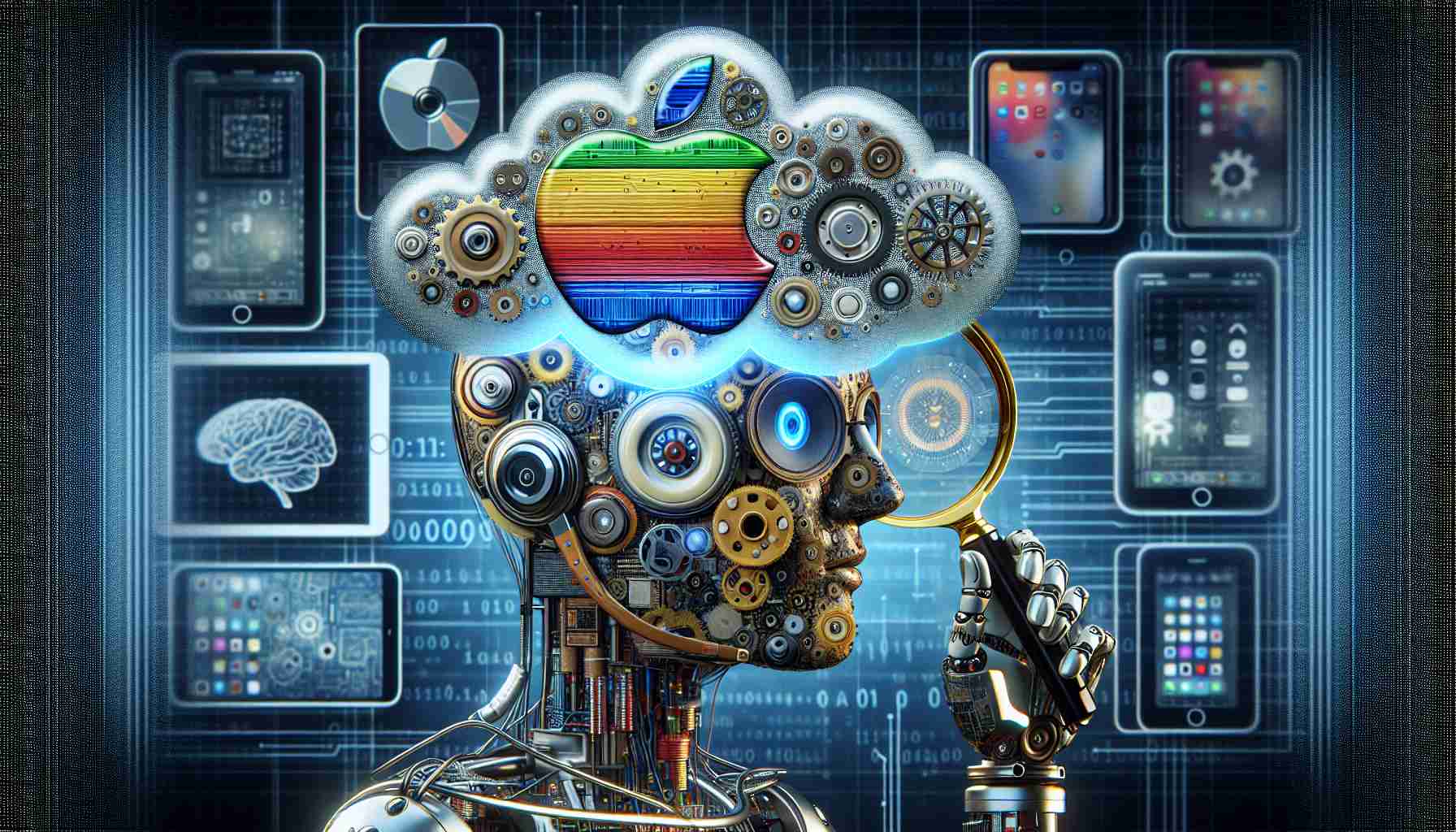Apple Enhances Tech Portfolio with AI Integration
Apple is set to emphasize artificial intelligence at its forthcoming developer conference, signaling a new era of AI-centric innovations. The tech giant is making significant strides with its proprietary AI system named “Apple Intelligence.” This machine learning framework is expected to be integrated into upcoming versions of their popular devices and operating systems, from the iPhone and iPad to the Mac.
The company’s dedication to artificial intelligence reflects in its reported plans to partner with OpenAI, promising a new conversational AI experience reminiscent of ChatGPT. Additionally, Apple is looking to unveil advanced software for an array of devices, including the much-anticipated Vision Pro headset and upgrades for the Apple Watch and TV platforms.
Apple’s Two-Hour Exposition on AI
In an anticipated two-hour segment during the World Wide Developers Conference (WWDC), Apple intends to showcase an extensive range of AI-driven features. They aim to enhance user experience by incorporating cutting-edge AI directly into various applications. This bold initiative is designed not just to innovate but to simplify and enrich daily life.
New hardware requirements will accompany these AI innovations, necessitating devices such as the iPhone 15 Pro or newer models from this year. iPad and Mac users will need to be equipped with hardware boasting at least an M1 chip to access the full AI capabilities.
In light of potential concerns over privacy and the use of cloud services, Apple is preparing to address security by highlighting the robust features within its data center chips.
The Future of Password Management
Occupying a crucial part of the event will be Apple’s Passwords, a state-of-the-art password management tool expected to be part of the upcoming software updates for iPhone, iPad, and Mac. This application is designed to simplify password creation and tracking, with seamless integration for migrating existing passwords from other services.
Apple’s progressive shift towards an AI-dominant paradigm is reflective of the rapid evolution of the tech industry, setting the stage for possibly disrupting various market sectors and changing consumer expectations regarding device interactions. This transition is likely to prompt other tech giants to accelerate their AI adoption, reshaping the landscape of technology.
When considering the topic of integrating AI into consumer devices and software, as Apple is doing, there are several important questions that arise, as well as key challenges, controversies, and potential advantages and disadvantages:
Important Questions:
1. How will Apple ensure user privacy and data security as it integrates more AI into its devices?
2. What impact will Apple’s AI endeavors have on the tech industry and its competitors?
3. How will Apple’s AI integration enhance the user experience compared to current functionality?
Key Challenges and Controversies:
– Data Privacy: With AI requiring substantial amounts of data to learn and become more effective, managing and securing this data is a major challenge. Apple has historically stressed its commitment to user privacy, and its approach to AI integration while maintaining that commitment will be closely scrutinized.
– AI Ethics: The development of AI systems often comes with ethical considerations, such as biases in decision-making processes. Ensuring that AI treats all users fairly is a challenge for any tech company.
– Software and Hardware Requirements: As mentioned, the new AI capabilities will require users to have recent hardware, potentially alienating customers with older devices.
Advantages:
– User Experience: AI can personalize the user experience, improve functionality, and increase the efficiency of devices and applications.
– Innovation: AI integration can lead to innovative features that weren’t previously possible, keeping Apple at the forefront of technology advancement.
– Accessibility: AI technology can also help in making devices more accessible to people with disabilities through features like voice recognition and predictive text.
Disadvantages:
– Increased Cost: Developing and integrating sophisticated AI systems can increase the cost of devices and services.
– Complexity: AI systems add complexity to devices which might affect usability for some users or require a learning curve for others.
– Dependency: As devices become more AI-reliant, there could be concerns over reduced functionality without connectivity or when AI services experience outages.
For further information on Apple and its venture into AI technology, visit their primary domain: Apple.
Remember, this use of AI technology by Apple is part of a larger trend in the industry, with other tech giants likely to follow suit, driving further innovation and competition in the tech market.
The source of the article is from the blog scimag.news
